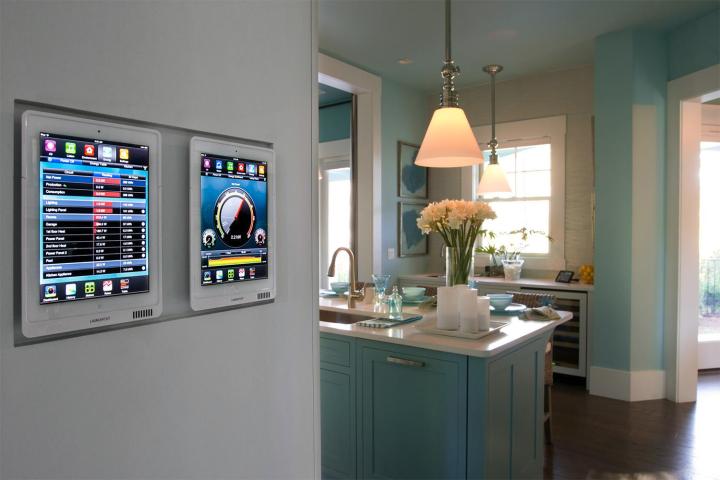
That’s the goal of AllJoyn, one of the many efforts being focused on the Internet of Things to allow virtually every device to talk to each other, including many that have no connectivity or intelligence today such as doorbells, furniture, clothing and bedding. AllJoyn can work across multiple protocols, including Wi-Fi, Bluetooth and even wired Ethernet.
So why aren’t all companies joining AllJoyn?
Being early with an industry solution always means the risk of a competitive backlash, one that can sometimes overtake the pioneer. And for an industrywide solution to take place, one standard often has to take hold. Examples of this have included USB, SD cards, and Wi-Fi, all of which faced direct competitors early in their development.
Being early with an industry solution always means the risk of a competitive backlash, one that can sometimes overtake the pioneer.
Recently, though, a number of Qualcomm chip rivals — including Atmel, Samsung, Broadcom and Intel — have decided to back another standard that, like AllJoyn, will also be based on code and will also be independent of the network underneath. Is it better? That’s hard to say because we’re not going to see it until the third quarter of the year.
Why these rivals would start a rival group is something of a head-scratcher. According to the AllSeen Alliance, all were welcome to join and it wasn’t as if the group sought to make improvements in the AllJoyn code. The new group claims that it wanted to start out with an initiative that didn’t originate inside a single company. However, AllJoyn is now an open standard and is mostly influenced by code contributions. Qualcomm may have significant influence due to the amount of code it has developed, but that opportunity would be open to any participant.
In the short term, having so many powerful players line up behind another proposal may unfortunately delay the arrival of devices that tap into each other’s functionality in the most meaningful ways seen to date. But not everyone is standing by. The AllSeen Alliance added four new members just last week. None of them may be the kinds of big consumer brands that make headlines, but their vote of confidence represents a belief that that the solution we can actually see today is the right one.
Editors' Recommendations
- Is it feasible to go all-in with one smart home ecosystem?
- Don’t toss out your old smart home tech! Regift it
- You won’t want to miss today’s air fryer oven deal at Best Buy
- Trifo’s Lucy robot vacuum won’t run over poop, doubles as a security system
- Ikea’s smart blinds won’t work with Apple’s HomeKit until ‘early’ in 2020


